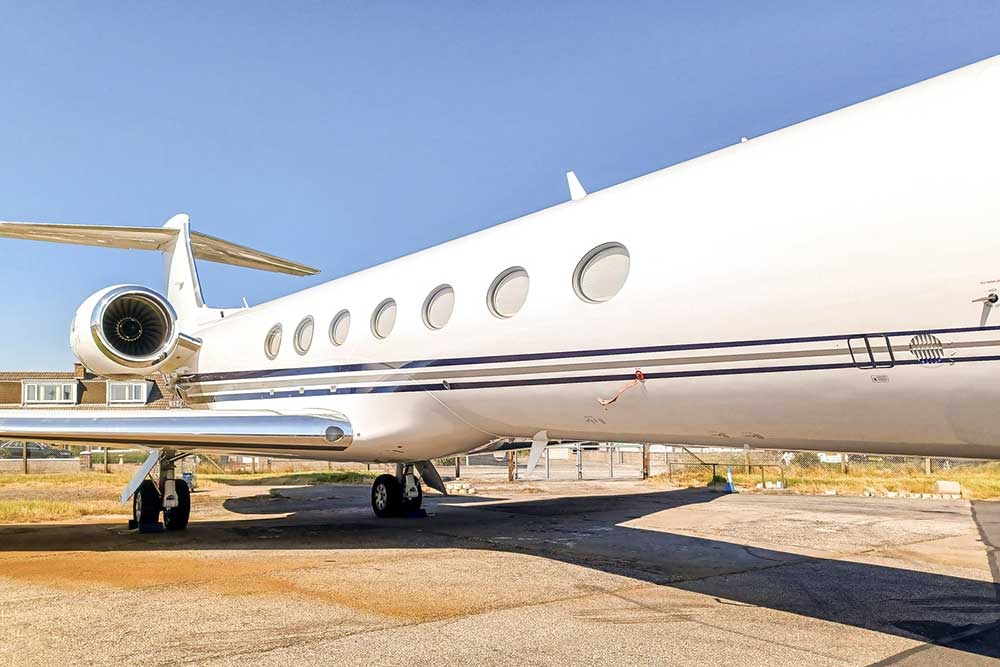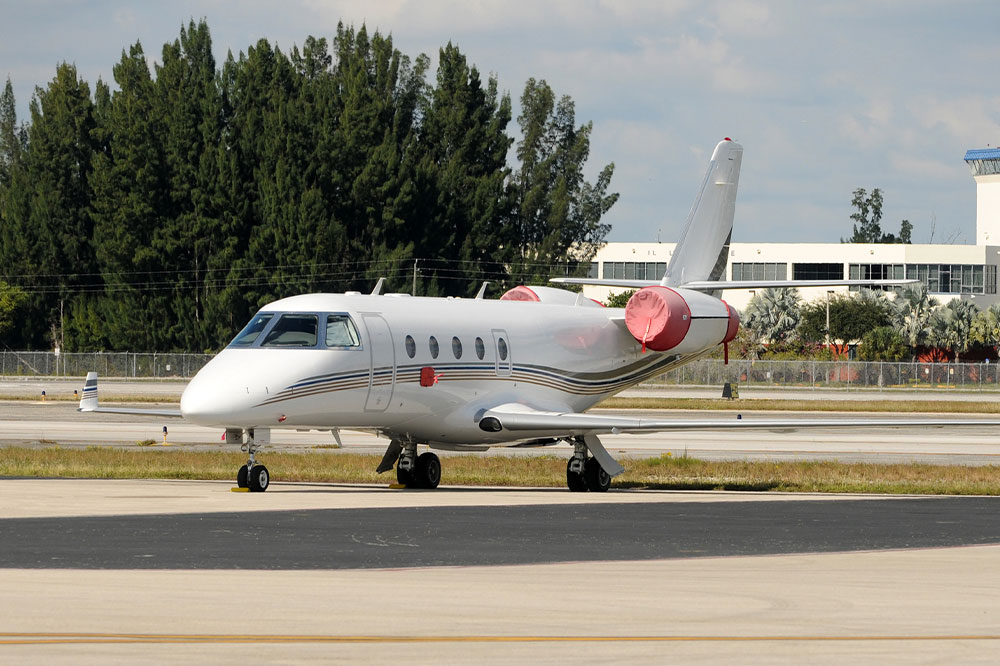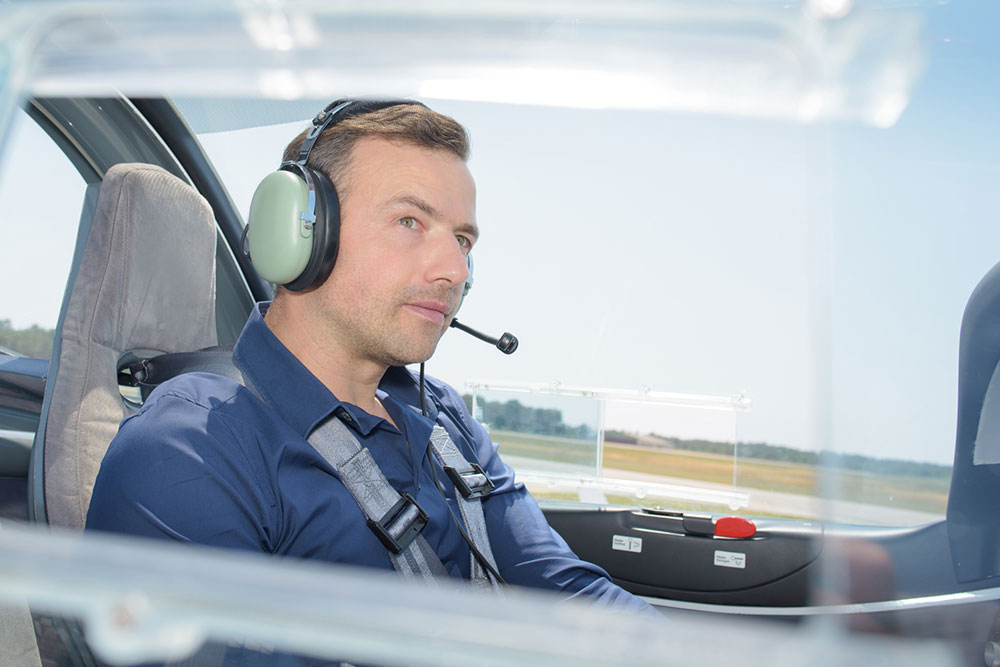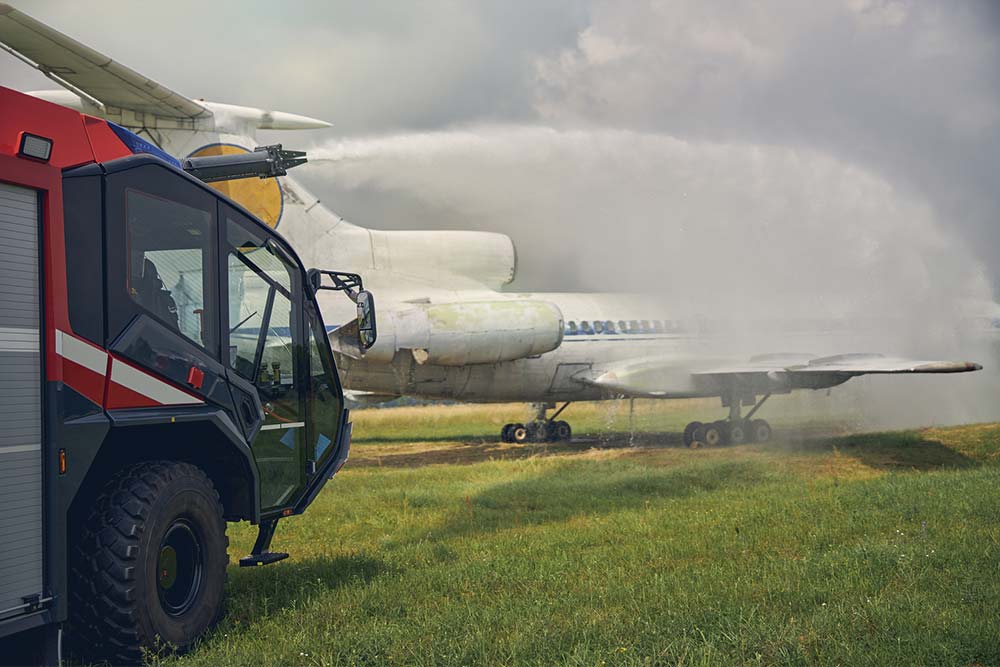Comprehensive Guide to Aviation Education and Training Opportunities
Explore diverse aviation education options including pilot training, aeronautical science, safety management, and aviation business programs. Learn about top schools and degree paths that prepare students for successful careers in aviation, from flying to management and safety roles. This guide helps aspiring aviation professionals make informed decisions tailored to their goals, offering insights into industry-recognized programs and career opportunities.
Sponsored

Embarking on a career in aviation involves more than just pilot training. It encompasses various fields such as airline operations, safety management, air traffic control, and quality assurance. Aspiring professionals can access a wide range of training courses, degree programs, and specialized certifications offered by esteemed institutions nationwide. Selecting a reputable school with solid industry connections can provide a strong foundation for a successful aviation career.
1. FAA Private to Commercial Pilot Certification
To achieve a commercial pilot license, students can enroll in the FAA-approved Zero to CPL program available at Flying Academy. This internationally recognized flight school follows FAA guidelines, combining ground instruction and practical flight training. The program is suitable for beginners with little or no aviation experience and includes online theory classes, leading to full pilot certification.
2. Bachelor’s Degree in Aeronautical Science
For those interested in exploring aviation in greater depth, pursuing a Bachelor of Science in Aeronautics is an excellent choice. Students learn about the science of flight, aircraft systems, and gain hands-on flying experience. Prominent institutions like the John D. Odegard School of Aerospace Sciences offer specializations in piloting aircraft or helicopters. The program, lasting four to five years, prepares graduates for diverse roles, including flight instruction and airline careers.
3. Bachelor’s in Aviation Safety and Operations
This program concentrates on ensuring safety and managing risks within the airline industry. Offered by schools like the John D. Odegard School, the degree focuses on flight data analysis, safety management systems, and human factors in aviation safety. Completing this program opens career paths in safety oversight, accident investigation, and regulatory inspection, typically taking four years.
4. Aviation Management Program
Students interested in the business side of aviation can pursue management-focused degrees, such as the Aviation Management and Operations program at the College of Aviation. These courses cover airline financials, logistics, and international aviation. The John D. Odegard School also offers graduate programs in aviation management, leading to careers like airline administration, sales, and quality control.
5. Airport Operations and Management
This field involves overseeing airport functions such as security, emergency response, and infrastructure planning. The College of Aviation at Western Michigan University offers undergraduate certificates in airport management, emphasizing leadership and airport logistics. Bachelors in aviation management may also include airport operations topics.
6. Air Traffic Control and Management
Air traffic management is a vital aspect of aviation safety. The Polytechnic School offers programs focusing on managing aircraft movement on the ground and in the air. Graduates can pursue roles in airline dispatch, airfield operations, and traffic control, contributing to efficient airspace utilization.
7. Aviation Financial Analysis
Purdue University’s Polytechnic Institute offers majors in aviation financial analysis. This program teaches financial strategies specific to the industry, including investment management, risk assessment, and operational economics. Courses also cover aerospace propulsion, tracking systems, and aviation business operations, preparing students for roles in finance, budgeting, and corporate planning within aviation.
When selecting an aviation training program, consider factors like eligibility requirements, program duration, curriculum depth, and career services. The best choice aligns with your professional aspirations and industry demands.





